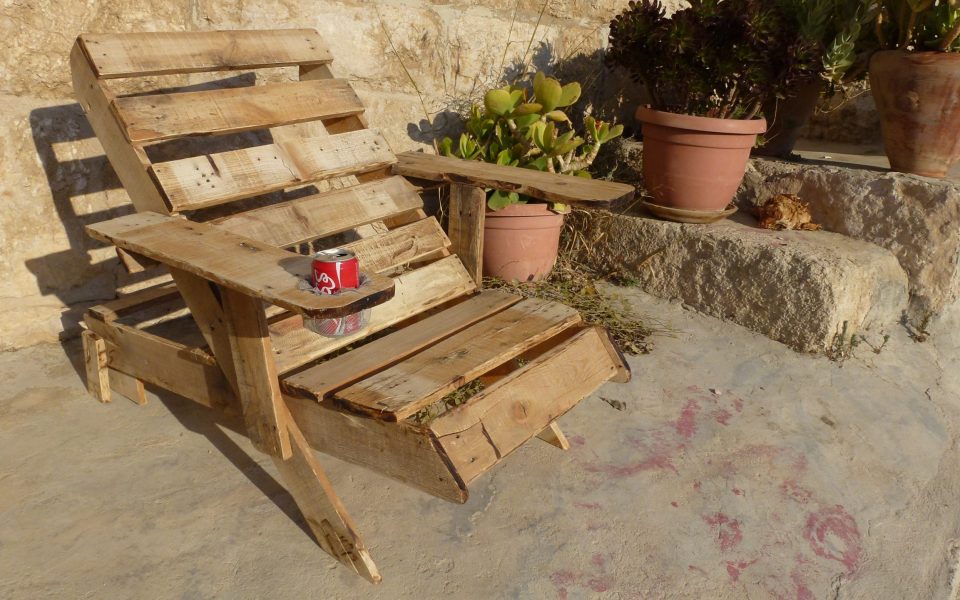by Jordan Green
Commerce is important for injecting a sense of vitality into urban places. But it’s important to recognize that cities should welcome everyone. Some of us have discretionary income to spend in restaurants most of the time, some rarely and some not at all. Cities are for everybody.
The Greensboro folksinger Bruce Piephoff once told me about a grassy embankment on Tate Street known as “Hippie Hill” in the early 1970s. Students and dropouts gathered there to hang out, play music and probably drink beer and smoke dope. It was magic.
But the local merchants didn’t like kids hanging around who weren’t going to spend money, so they planted thornbushes on Hippie Hill and removed benches from Tate Street.
Tate Street survived, but social engineering that discourages non-commercial uses can backfire by making places sterile and unappealing. Now, the cafés have blossomed along Tate Street and also South Elm Street. But there aren’t a whole lot of places to sit on the street that aren’t reserved for patrons of a specific business. West Fourth Street and Trade Street in Winston-Salem have more benches. They feel a little more lively, like the kinds of places where it’s okay to sit and visit on a warm summer evening instead of walking from place to place to conduct business.
The main thoroughfares in High Point — Main Street, Wrenn Street and Kivett Drive, for example — don’t have a lot of public benches. It’s not because local business owners are trying to discourage loiterers. There aren’t any businesses to speak of beyond the showrooms that open twice a year for international furniture buyers. Sitting on the street in High Point is kind of like sitting in an open field, which sounds kind of appealing, except that people will give you odd looks as they’re driving past.
Referring to the Tactical Urbanism Volume 2 handbook, I believe the proper tool, or tactic, is chair bombing.
The handbook describes the practice succinctly as “the act of removing salvage material from the local waste stream, and using it to build public seating.”
Wooden palettes tossed out by any business that relies on shipping make the ideal material. The fabrication process is quick and creative, more practical than aesthetic. The finished product requires a minimal investment of effort, so there’s no great loss if an overzealous city regulator or local business owner tosses them out. But at least temporarily they can make a point and provide temporary respite and pleasure. Hopefully they pave the way for more permanent accommodations.
I believe that chair-bombing would make South Elm Street in Greensboro feel just a little more human. Heck, even West Fourth Street could use some, so that it doesn’t feel quite so perfect. As for High Point, a crudely fabricated chair on the street outside a showroom that opens twice a year to sell settees worth hundreds of dollars would be a radical gesture.
Above all, cities are for people.
Join the First Amendment Society, a membership that goes directly to funding TCB‘s newsroom.
We believe that reporting can save the world.
The TCB First Amendment Society recognizes the vital role of a free, unfettered press with a bundling of local experiences designed to build community, and unique engagements with our newsroom that will help you understand, and shape, local journalism’s critical role in uplifting the people in our cities.
All revenue goes directly into the newsroom as reporters’ salaries and freelance commissions.


Leave a Reply